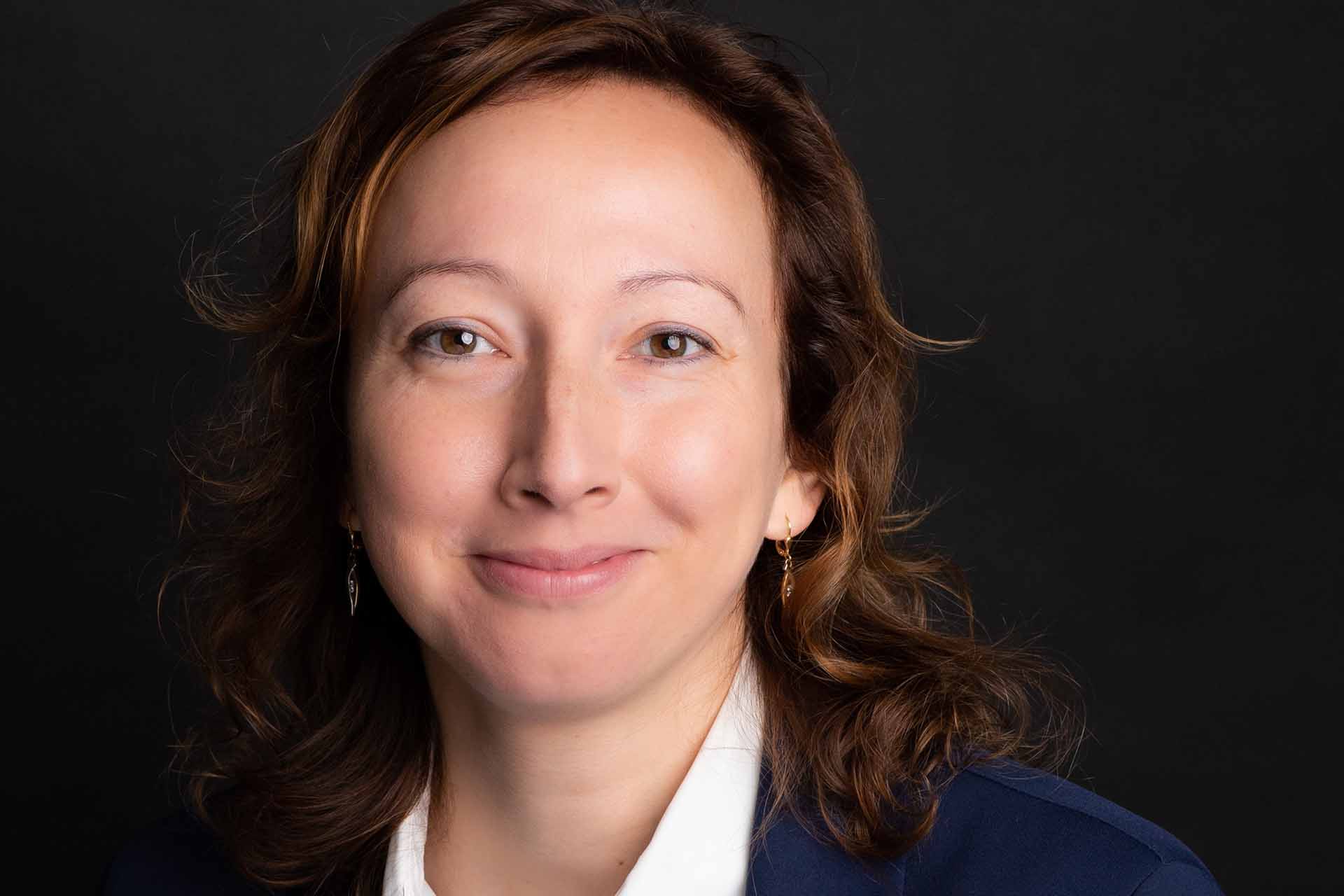Healthcare providers increasingly need to share patient medical information electronically. Why is this still often difficult in practice? Stephanie Wijbrandts, director of Regional Electronic Network (REN) West Brabant, talks about the bumps in the road of digital data exchange.
Good digital care requires health care providers and patients to have up-to-date and complete medical data. Currently, this is far from always the case. Wijbrandts: "This is because many patients do not get their care from one place, but are scattered over, for example, the general practitioner, the hospital, the home care organization and the pharmacy. All those parties have their own systems that do not automatically communicate with each other.
Since July 1, 2023, the Electronic Data Exchange in Healthcare Act (Wegiz) has been in effect . This requires healthcare providers to exchange healthcare data electronically. "Data availability should get a boost with this," says Wijbrandts. "But we don't see much of that yet in practice."
Patient consent
As director of Regional Electronic Network (REN), Wijbrandts makes a strong case for data availability in West Brabant. REN is one of eleven regional cooperation organizations (RSOs) in the Netherlands. The RSOs arose from the need for a neutral partner to promote digital data exchange between hospitals, VVTs, general practitioners and pharmacies in the regions.
"We work with the Twiinmodel," explains Wijbrandts. "That removes obstacles in the exchange of medical information step by step. Often these are very obvious things that nevertheless turn out not to be in order. Take patient consent, for example. If it is missing, data exchange is not allowed unless there is an emergency situation."
Address book of healthcare providers
A missing national directory of health care providers is another such impeding factor. "Other Western European countries have such an address book," Wijbrandts knows. "The Netherlands is the worst boy in the class in that respect. That's because healthcare in our country is a free market. Anyone who happens to work with the same system has the same address book. But if you work with a different system, then you're out of luck. Then there is rarely a linkage."
"Then a patient may go to the pharmacy after knee surgery to get antibiotics. There they ask themselves: in addition to the antibiotics, should we bring the standard medication for high blood pressure? Or is there an adjustment because of the surgery? The pharmacy employee wants to check with the medical specialist, but has no phone number. From then on, a search begins:. How to reach the doctor who operated on the patient? Healthcare providers who comply with the Twiin appointment system can use the national healthcare provider address book. With this, they can easily look up the contact information of the physician in question.
Speaking the same language
Wijbrandts expects the 23 West Brabant healthcare institutions that make up REN to all comply with the Twiin data exchange agreement system by December 31, 2026. Whether all obstacles will have disappeared by then remains to be seen.
"General practitioners, specialists, nurses and other health care providers do not have a uniform way of recording. Each specialty is trained in its own way. For example, hospitals register around diagnosis and treatment, while in home care organizations the client's well-being is central to registration. To collaborate digitally, all healthcare providers will need to speak the same language as much as possible."
Beds unnecessarily occupied
"Standardization is crucial in digital data exchange in the region," sums up Wijbrandts. "Not only for cooperation, but also to prevent healthcare from going bankrupt. For example, hospitals are struggling with the problem that patients who can go home or to a nursing home long ago are occupying beds. When it comes to thirty beds, that also means that twenty to thirty FTEs are called upon. Those are employees you can't afford to lose at all with the current staffing shortage."
"To speed up the flow to home or to the nursing home, logistics and information exchange between them must be in order. The hospital needs to know which nursing home has room or what help has already been arranged for home. If you standardize that information, you have an answer to that question at the push of a button. Now it often takes an endless amount of time to find out by calling, double-registering and retyping information. There is still a long way to go."
During Care & ict 2024, Stephanie Wijbrandts the presentation 'How do you organize data availability in the region?' She does so together with Albert-Jan Mante, chairman of the board of directors of Bravis Hospital and of REN. Register for free below and then reserve a spot at the presentation in the event app.












